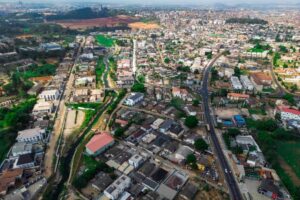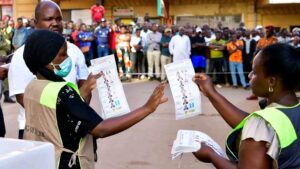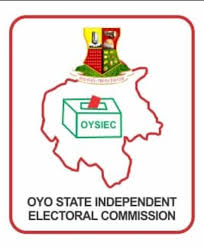INEC Eyes PVC-Free Voting, But Trust Issues Could Block the Plan
In a bold move that could reshape Nigeria’s electoral process, the Independent National Electoral Commission (INEC) has hinted at the possibility of allowing Nigerians to vote in the 2027 general elections without the traditional Permanent Voter Cards (PVCs).
The electoral body is exploring alternative methods such as computer-generated voting slips and downloadable digital credentials through INEC’s official website. According to insiders, the proposal is aimed at improving voter access, reducing logistical costs, and minimizing incidents of PVC misuse and theft.
We are examining ways to modernize the process,” a senior INEC official said. With advancements in digital technology, physical PVCs may no longer be the only viable means of voter identification. However, legal amendments will be necessary before implementation.”
Despite the proposed convenience, the idea has been met with a wave of scepticism and concern from sections of the public and civil society groups. Many Nigerians fear that eliminating the PVC — a core identity verification tool — could open the door to increased electoral fraud and manipulation.
Social media platforms are already buzzing with criticism. This is a dangerous gamble,” tweeted one user.“If we can’t protect digital voting data, this could compromise the entire process.
Others, however, see the proposal as progressive, especially for Nigerians in the diaspora and those facing delays in PVC issuance. Let’s embrace innovation but ensure it’s secure and transparent, said Nkiru Anozie, a legal analyst.
Electoral experts note that a constitutional and legal framework must first be revised, especially the Electoral Act, which currently mandates the use of PVCs for accreditation and voting.
INEC has yet to formally publish a white paper on the proposal, but the debate it has triggered signals a turning point in Nigeria’s democratic evolution — one that will require careful balance between accessibility, security, and electoral integrity.
As 2027 approaches, all eyes remain on INEC and the National Assembly for what could be the most significant electoral reform in decades.







